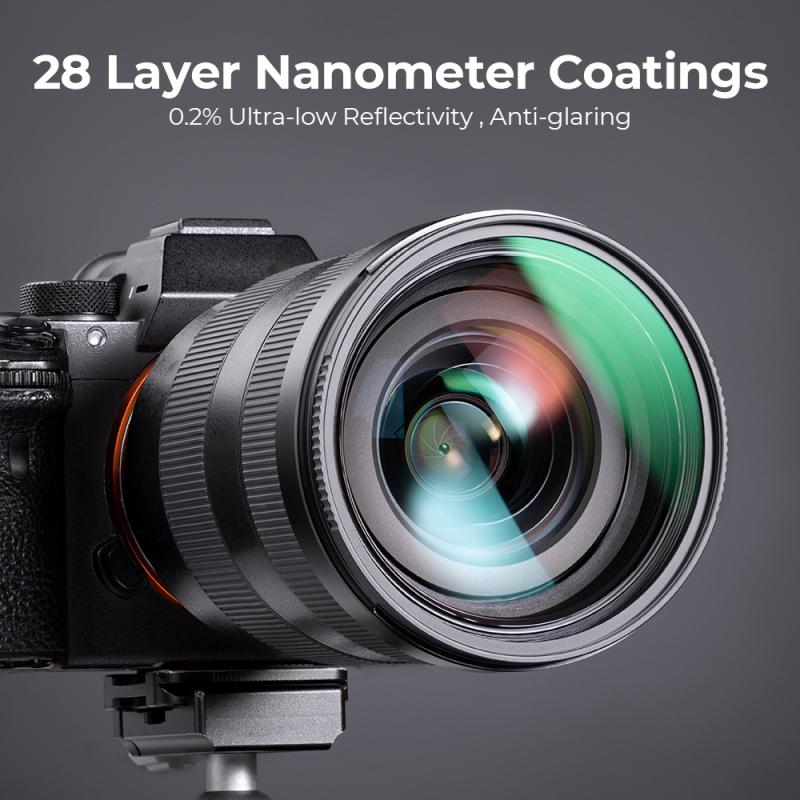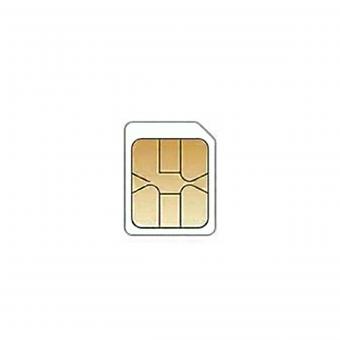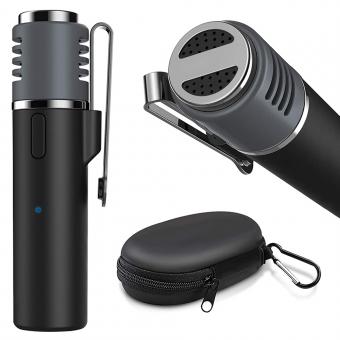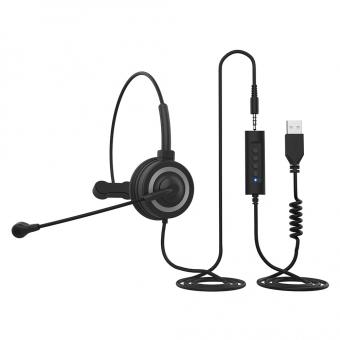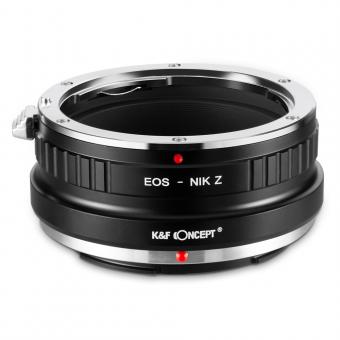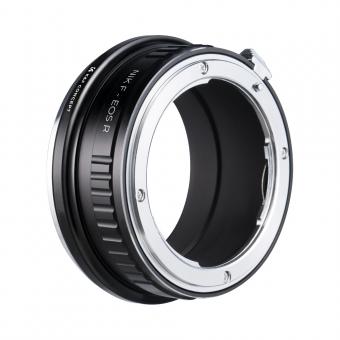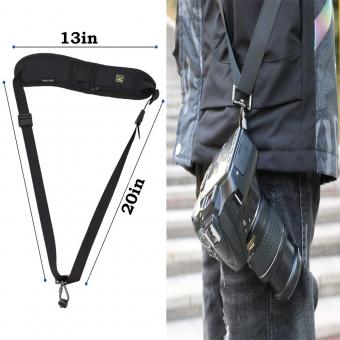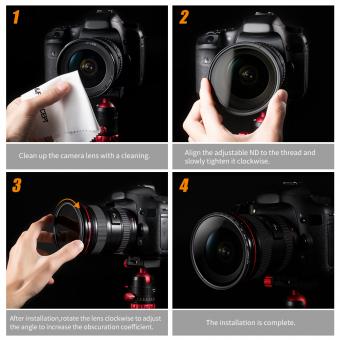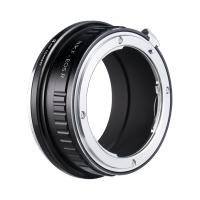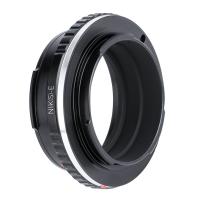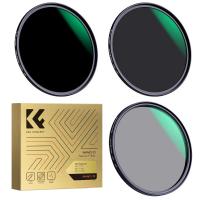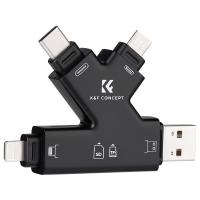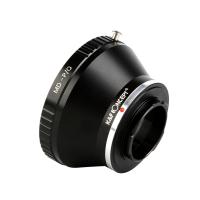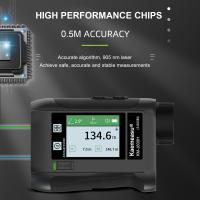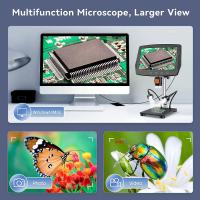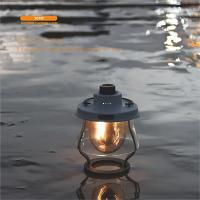Can Cctv Camera Work Without Internet ?
Yes, CCTV cameras can work without an internet connection. CCTV stands for Closed-Circuit Television, which means that the cameras are connected to a closed system for surveillance purposes. In this setup, the cameras are typically connected to a Digital Video Recorder (DVR) or a Network Video Recorder (NVR) through cables. The footage captured by the cameras is stored locally on the DVR or NVR, and can be accessed and viewed on-site without the need for an internet connection. However, an internet connection may be required if remote access to the CCTV system is desired, allowing users to view the footage from a different location using a computer or mobile device.
1、 Wired CCTV systems: No internet required for basic functionality.
Wired CCTV systems: No internet required for basic functionality.
CCTV cameras are widely used for surveillance and security purposes, and they can operate without an internet connection. Wired CCTV systems, in particular, do not require internet access for their basic functionality. These systems are designed to work independently, using cables to transmit video signals from the cameras to a recording device or monitor.
Wired CCTV systems consist of cameras, cables, and a recording device or monitor. The cameras capture video footage, which is then transmitted through the cables to the recording device or monitor. This setup allows for real-time monitoring and recording of the video feed without the need for an internet connection.
However, it is important to note that while wired CCTV systems do not require internet access for basic functionality, some advanced features may rely on an internet connection. For example, remote viewing and access to recorded footage from a mobile device or computer may require an internet connection. Additionally, cloud storage options for CCTV footage often require an internet connection for uploading and accessing the recorded videos.
In recent years, there has been a rise in the popularity of IP-based CCTV systems, which do require an internet connection for their operation. These systems use network cables to transmit video data and often offer more advanced features such as remote access and cloud storage. However, for basic functionality, wired CCTV systems remain a reliable and effective option that does not rely on internet connectivity.

2、 Standalone DVR/NVR systems: Internet not necessary for local recording.
Yes, CCTV cameras can work without an internet connection. Standalone DVR/NVR systems are designed to function without the need for an internet connection. These systems are capable of local recording, meaning they can record and store footage directly onto a hard drive or other storage device without relying on an internet connection.
Standalone DVR/NVR systems are commonly used in situations where internet access may be limited or not available at all. They are often used in remote locations, construction sites, or areas with poor internet connectivity. These systems are self-contained and do not require an internet connection to operate.
However, it is important to note that while standalone DVR/NVR systems do not require an internet connection for local recording, they may still offer the option to connect to the internet for remote viewing and access to recorded footage. This allows users to monitor their cameras and access recorded footage from anywhere with an internet connection.
In recent years, there has been a rise in the popularity of IP cameras, which do require an internet connection to function. IP cameras transmit video data over an internet network, allowing for remote access and advanced features such as motion detection and alerts. However, standalone DVR/NVR systems remain a reliable and effective option for those who do not have access to a stable internet connection.
In conclusion, standalone DVR/NVR systems do not require an internet connection for local recording, making them a suitable choice for locations with limited or no internet access.
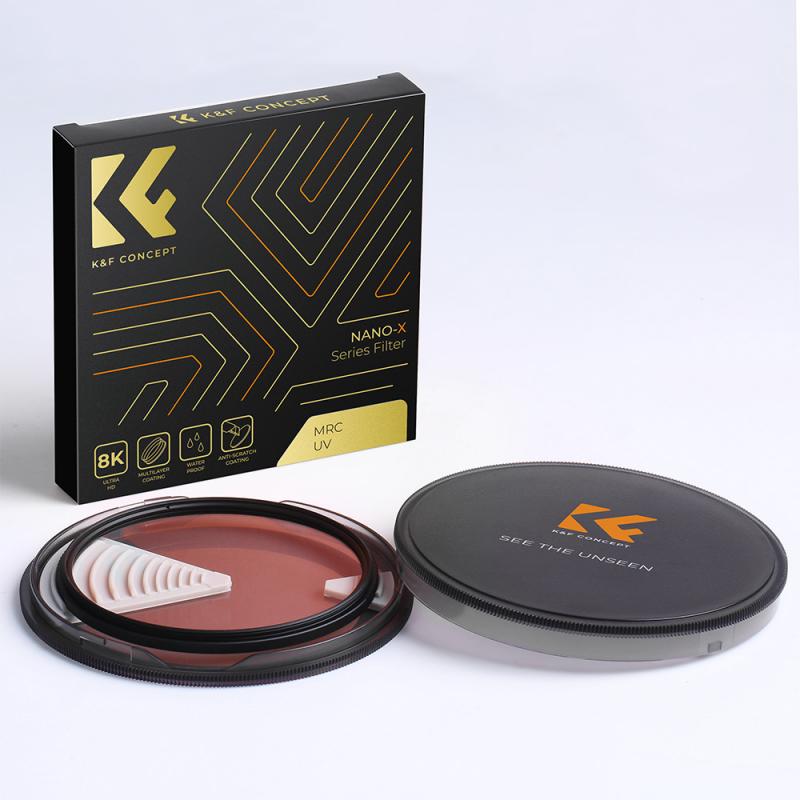
3、 Wireless CCTV systems: Internet needed for remote viewing and alerts.
Wireless CCTV systems: Internet needed for remote viewing and alerts.
Yes, CCTV cameras can work without an internet connection. Traditional closed-circuit television (CCTV) systems operate independently of the internet and do not require an internet connection to function. These systems use wired connections to transmit video signals from the cameras to a central recording device or monitor.
However, it is important to note that in recent years, there has been a shift towards wireless CCTV systems that do rely on an internet connection for certain features. These wireless systems use Wi-Fi or cellular networks to transmit video signals and provide remote viewing capabilities.
With an internet connection, wireless CCTV systems can be accessed remotely through smartphones, tablets, or computers. This allows users to view live footage, playback recorded videos, and receive alerts or notifications when motion is detected. Internet connectivity also enables the storage of video footage on cloud-based platforms, providing additional security and accessibility.
While an internet connection is not necessary for the basic functionality of CCTV cameras, it has become increasingly common for wireless systems to utilize internet connectivity for enhanced features and convenience. However, even without an internet connection, CCTV cameras can still capture and record video footage locally, providing a reliable surveillance solution.
It is worth mentioning that advancements in technology continue to shape the landscape of CCTV systems. As the industry evolves, new innovations may emerge that further enhance the capabilities of CCTV cameras, both with and without internet connectivity.

4、 IP-based CCTV systems: Internet required for live streaming and remote access.
IP-based CCTV systems: Internet required for live streaming and remote access.
In today's digital age, IP-based CCTV systems have become increasingly popular due to their advanced features and capabilities. These systems rely on an internet connection for live streaming and remote access, making the internet an essential component for their functionality.
IP-based CCTV cameras are designed to capture high-quality video footage and transmit it over an internet protocol network. This allows users to access the live feed remotely from any location with an internet connection. Whether it's monitoring a home, office, or public space, the ability to view the camera feed in real-time is a crucial aspect of these systems.
Additionally, the internet connection enables users to access the CCTV system remotely through a smartphone, tablet, or computer. This remote access feature allows users to monitor their premises even when they are not physically present. It provides convenience, flexibility, and peace of mind to users who can keep an eye on their property from anywhere in the world.
However, it is important to note that while an internet connection is required for live streaming and remote access, it is not necessary for the basic functioning of the CCTV camera itself. The camera can still record and store footage locally on a DVR or NVR without an internet connection. This means that even if the internet goes down, the camera will continue to capture video footage, ensuring that no events are missed.
In conclusion, IP-based CCTV systems rely on an internet connection for live streaming and remote access. The internet enables users to view the camera feed in real-time and access the system remotely. However, the camera can still function and record footage locally without an internet connection, ensuring continuous surveillance even in the absence of internet connectivity.
